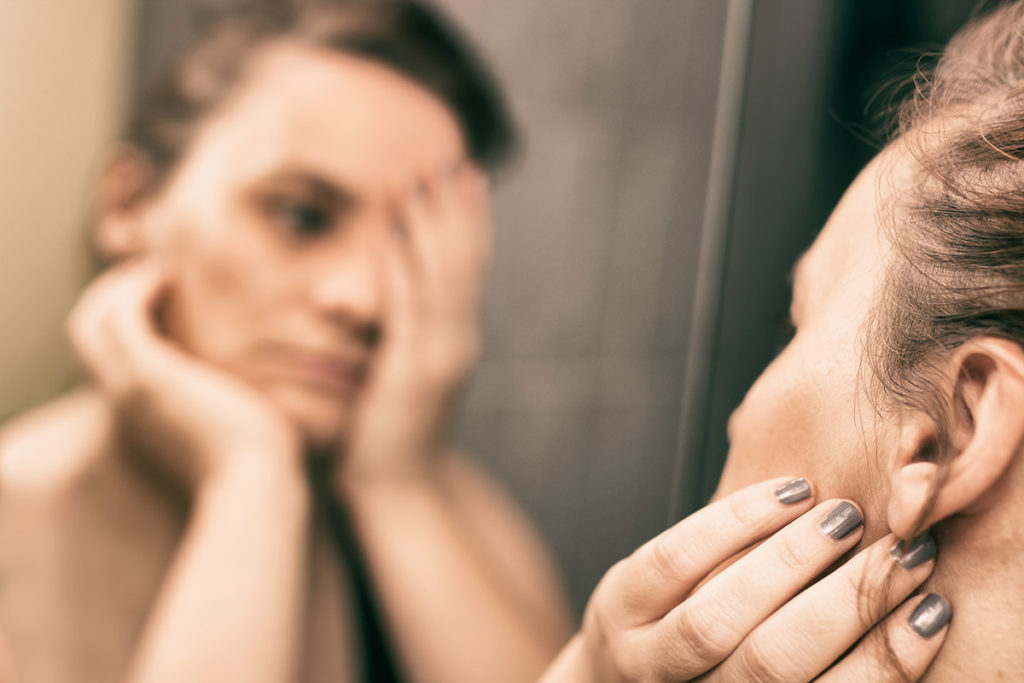Over 18 million Americans misuse prescription painkillers each year. While a doctor originally prescribed these medications to treat pain, addiction is too common. Seeing the signs of opioid use disorder in a loved one can be scary, and you may wonder how to help. If someone you know is showing signs of opioid addiction, either from prescription medications or illicit drugs like heroin, they may not know where to begin to overcome their addiction or where or how to seek help. Contact A Better State online or call us at 781.412.1488 today to learn about our opioid addiction treatment and how it can help.
What Is An Opioid?
Before you can spot the signs of opioid abuse, it is important to understand these dangerous drugs. Opioids refer to a group of lab-made, synthesized drugs commonly used to treat pain. Today, they are the most abused drugs in America. Technically opioids refer to substances not naturally derived from the poppy plant (which contains opium) but made in a lab. Still, the word is now used for opiates, opioids, and illicit narcotics. The most common “natural” opiates are morphine, codeine, and heroin, while opioids are synthetics like Oxycontin or Vicodin. These are prescribed drugs frequently utilized by doctors to treat severe pain. However, opioid addiction symptoms often appear in patients who become dependent on the drugs.
What Are the Signs of Opioid Use Disorder?
Opioids are a class of drugs that includes prescription pain medicines and illegal drugs such as heroin. Though a doctor can prescribe opioids to treat pain, their misuse may lead to a dependency or an opioid use disorder. Anyone prescribed an opioid should follow their doctor’s orders carefully, taking care to only use the medication as prescribed for the period instructed.
Opioid addiction is a medical condition defined by not being able to abstain from using opioids, showing signs of OUD, and behaviors centered around drug use that interferes with a person’s daily life. There will be noticeable opioid addiction symptoms that family and friends of the person struggling with the drugs may be able to spot, step in, and usher the individual into opioid addiction treatment when they see signs of opioid abuse. Your loved one needs and deserves a chance to begin recovering from the harmful physical and mental impact of opioid addiction. A Better State’s Opioid Addiction Treatment is where this healing can begin.
Being physically dependent on opioids is characterized by opioid addiction symptoms such as cravings and sweating. However, people abusing opioids may not have a physical dependence on the drugs. When someone does have a physical dependence, it can be hard for them to stop. That dependence will interfere with their responsibilities, including their relationships with family and friends, work and career, and money and finances.
A doctor may observe the signs of opioid use disorder and officially diagnose an opioid addiction, but someone battling this addiction may not display signs of opioid abuse right away. However, there may be signs of opiate addiction you can see clearly over time.
Common Signs of Opioid Addiction
- Inability to stop using opioids
- Uncontrollable cravings
- Drowsiness and changes in sleep pattern
- Sudden weight loss
- Flu-like symptoms
- Decreased libido
- Lack of hygiene
- Stealing and isolation from family or friends
- New financial struggles
Opioid addiction treatment is available from skilled medical professionals in facilities like A Better State. There, medications such as methadone, buprenorphine, or naltrexone, along with support and aftercare programs, can help people with signs of OUD make a full recovery. Having a good eye and noticing changes in behavior, temperament, and physical appearance, you could save someone’s life. In addition, you can be an open listener, ready for them to make an honest admission of their opioid addiction and seek professional help.
Learn More at A Better State
If someone you love is showing signs of an opioid use disorder, learn how A Better State can help them get on a path toward a lifetime of recovery. Contact us using our secure online form or call us at 781.412.1488 today.


